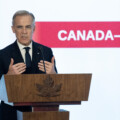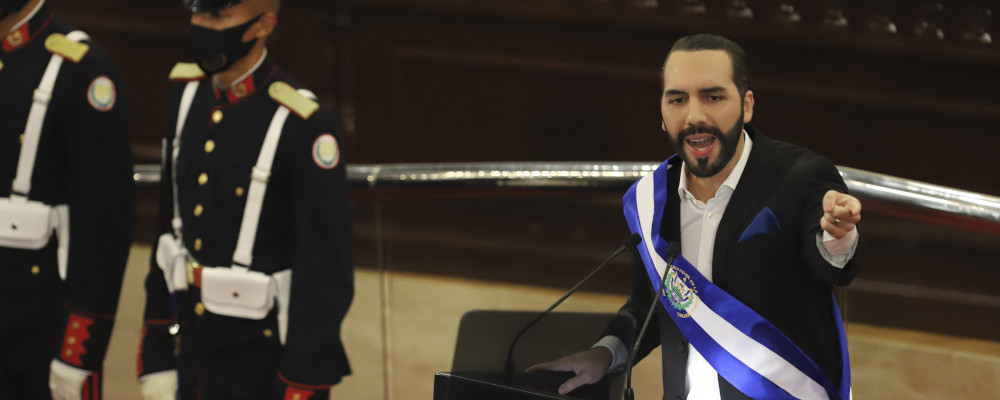A few weeks ago, I wrote a piece about how Canada should be the first country to take a serious bet on Bitcoin.
Well, it didn’t take long, but that ship has sailed.
Days after I wrote that piece in The Hub, El Salvador President Nayib Bukele announced that the tiny Central American country’s congress had just approved a law classifying Bitcoin as legal tender and requiring all El Salvadorian merchants to accept the cryptocurrency. He also said the national treasury would begin to accumulate Bitcoin through a dedicated fund.
The 39 year-old Bukele made the announcement at the massive Bitcoin Conference in Miami, then took to Twitter to reinforce the message. In short, he invited innovators, investors, and entrepreneurs from around the world who believe in Bitcoin to come to El Salvador to build their businesses.
Of course, the cynics rolled their eyes, and they’ll continue to do so.
Meanwhile, El Salvador has put itself on a trajectory to stand out from its peers, and establish a new competitive differentiation for a country in desperate need of economic growth and opportunity.
“Skeptics will point to Bitcoin’s volatility as a reason to stay away, but then again, we’ve been putting oil and gas stocks into our mutual funds for decades.”
That same week, Finance Minister Anton Siluanov announced that the Russian Federation was cutting the $186 billion of USD it held in its National Wealth Fund, to reduce its reliance on the U.S. dollar moving forward.
Although the Russians haven’t yet moved to replace those USD with Bitcoin, the move signals a shift in global monetary policy that will continue to see the American dollar losing its dominance in international treasuries, and countries looking for alternatives to rely on. And although they can easily shift to Euros, RMB, and gold, Bitcoin will undoubtedly become part of the consideration.
In my last piece, I highlighted that this would be a trend that we see unfold over decades. The challenge is knowing what signals to be aware of that indicate that it’s started.
El Salvador may not be among the most influential countries in the world, but you can be sure that its move will force serious conversations to happen at cabinet tables and central banks in other Latin American countries, and eventually around the world.
In fact, within the week of the announcement, members of parliament, senators and other legislators in Mexico, Paraguay, Argentina, Brazil, Panama, and Nicaragua tweeted their support and urged their respective countries to follow suit.
The race has started.
But until a meaningful economy takes the first step, it’s still anyone’s to win — including, potentially, Canada’s.
With relatively little effort or consequence, Canada could put in place policies that encourage citizens (individuals and corporations) to cautiously enter this frontier market by buying Bitcoin. Skeptics will point to Bitcoin’s volatility as a reason to stay away, but then again, we’ve been putting oil and gas stocks into our mutual funds for decades.
Working in our favour already is the fact that the world’s first publicly traded Bitcoin ETFs all exist exclusively in Canada. This means that we can already take small steps in this direction.
By pure stubborn will, innovators in this industry have already put in place the right ingredients for Canadians to participate. That, supported by some public policy and positive messaging, could be enough to give us the head start we need to make Canada a Bitcoin nation.
Recommended for You

‘All the choices are bad’: David Frum explains why Carney’s visits to China and India are a direct response to Trump

‘Triple-digit pricing is entirely possible’: How will the Iran war affect global energy prices?

Critical thinking is critical for society—so why have we abandoned it?

Have Alberta’s finances gone off the rails?





Comments (0)